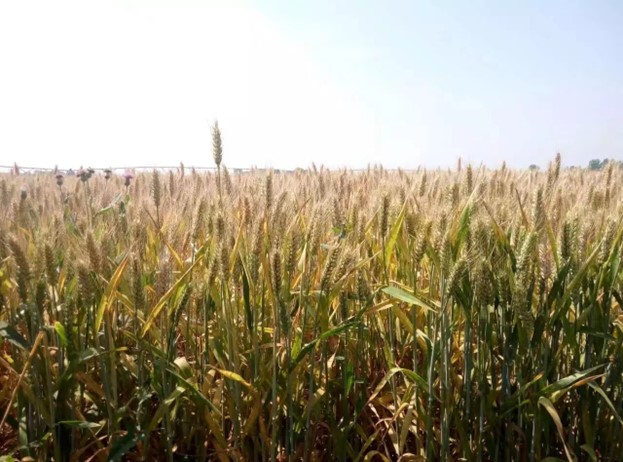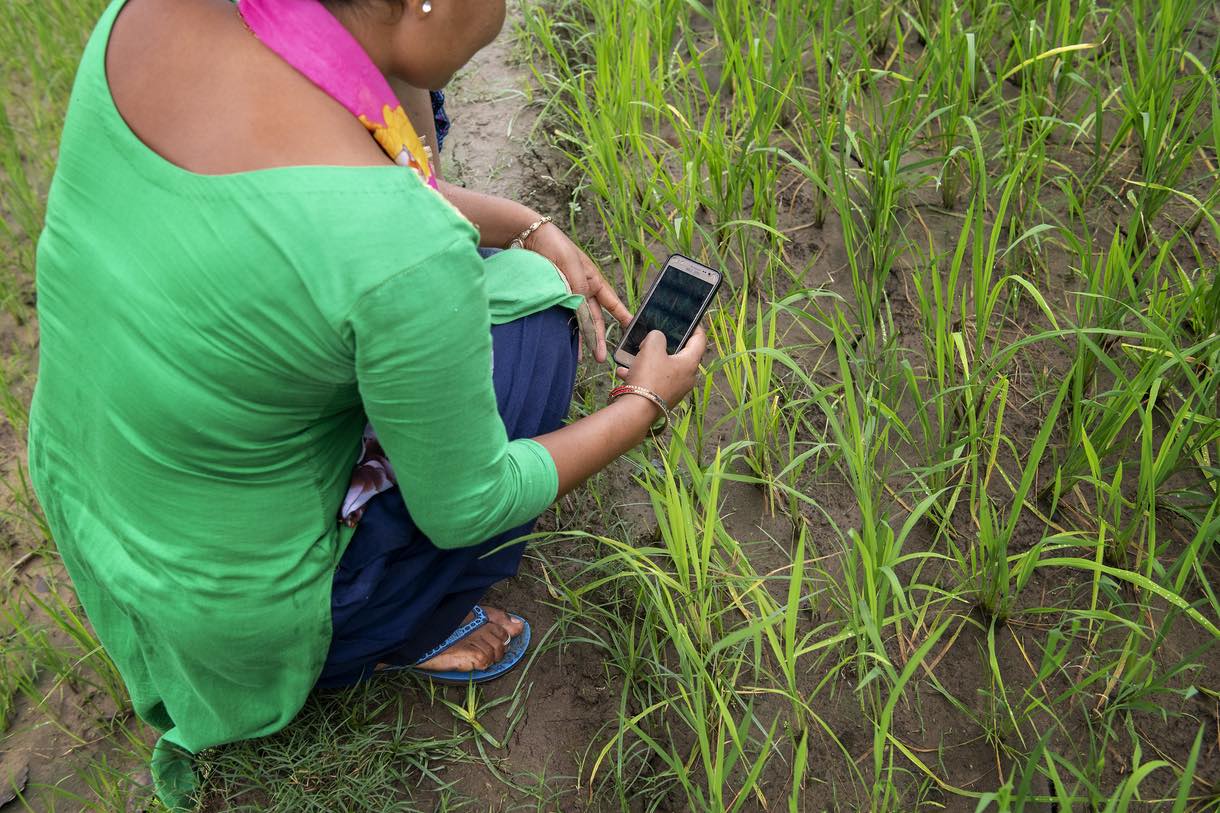Digital innovations can enable an unprecedented transformation of food, land and water systems for greater climate resilience and sustainability. To realize this potential, multidisciplinary expertise across the CGIAR must find solutions to three challenges affecting the Global South:
- The digital divide: digital technologies and infrastructure do not meet people’s needs, especially women and rural populations. More than 600 million people live outside the reach of mobile networks, two-thirds of them in sub-Saharan Africa.
- Weak information systems: available information is inadequate or does not reach those who need it most. More than 300 million small-scale producers lack access to digital climate services. Weak information systems prevent evidence-based policy responses and lead to missed opportunities to reduce poverty and increase economic growth.
- Limited digital capabilities: digital literacy and skill levels across the Global South remain low, particularly for marginalized and food-insecure individuals and groups such as women.
Objective
The Digital Innovation Initiative aims to develop and support digital innovations to stimulate the inclusive, sustainable transformation of food, land and water systems in the areas of investments that policymakers could make to close the digital divide, information delivery systems that allow more people to take action against predicted risks, and ways for partner organizations and marginalized communities to enhance digital capabilities, access resources and opportunities.
This objective will be achieved through:
- Generating evidence on impacts of digital innovations and collaborative partnerships to create an enabling environment for digital ecosystems, unlocking local innovators’ access to investments and advanced technologies.
- Developing a suite of tools and guidelines to bridge the digital divide, ensuring that gender equality and social inclusion underly the development of digital innovations, research programs and their implementation.
- System dynamics modeling to understand complex dynamics in agrifood systems and support natural resource management authorities in equitably allocating water and land resources and managing risks.
- Real-time food system monitoring to provide timely and reliable information to stakeholders by applying AI-driven analytics of satellite remote sensing, internet-connected sensors, and other ground-truthed data from multidisciplinary sources.
- Strengthening partners’ capacity to collect real-time data, conduct data analytics and make data-driven decisions to enable equitable digital platforms and services.


 Climate adaptation and mitigation
Climate adaptation and mitigation 